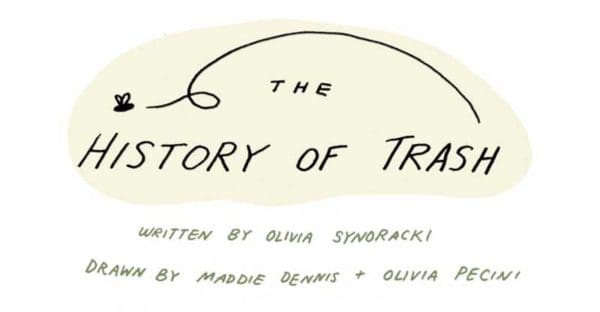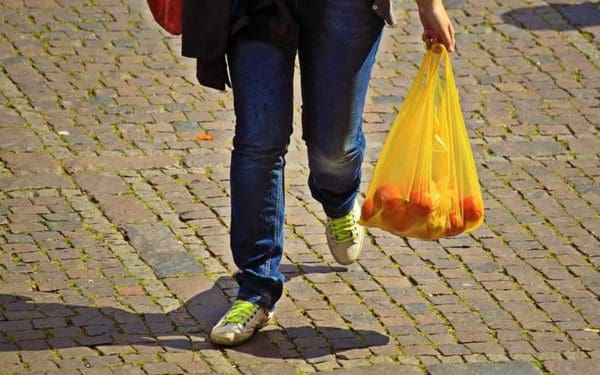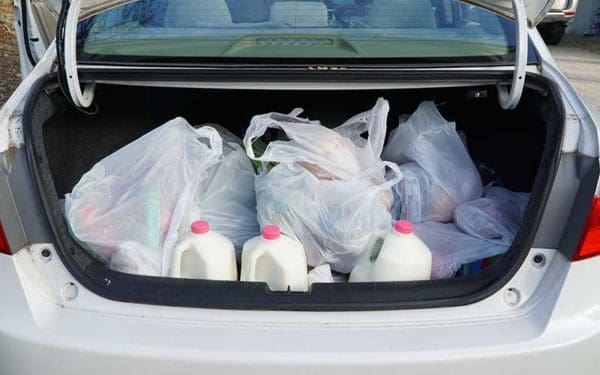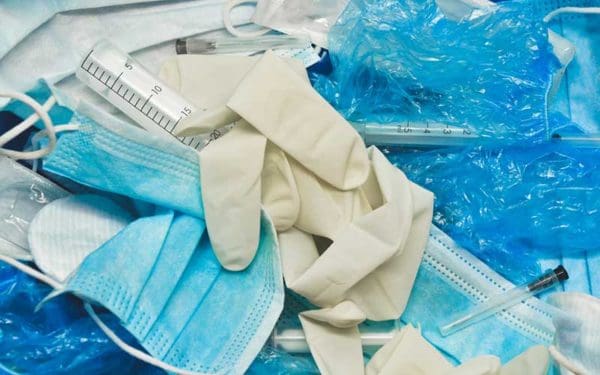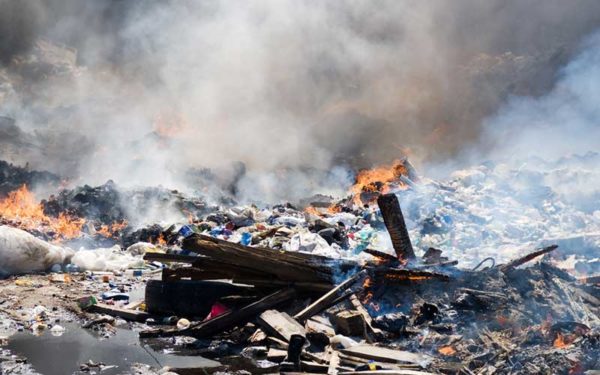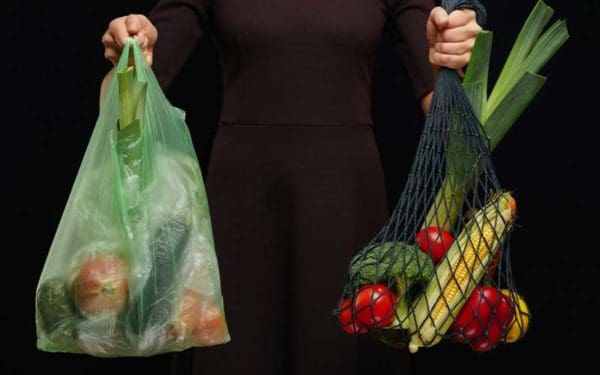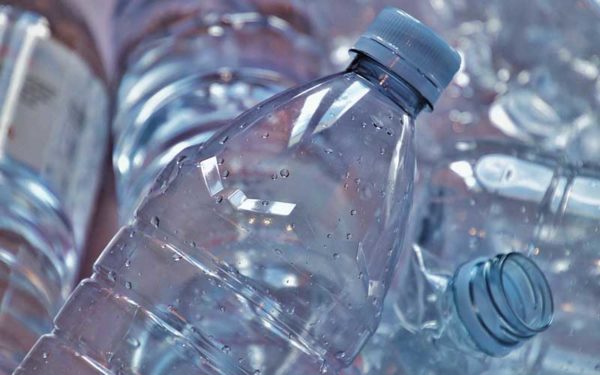Jul 20, 2020
Humans have been producing trash for generations. But how we dispose of it hasn’t improved in ages. By implementing zero-waste policies, we can begin to redesign our waste systems and produce less trash – while also protecting our environment and our communities.
Jul 08, 2020
Experts are refuting the plastic industry’s claims that reusable bags carry and transmit COVID-19. One public health expert, Dr. Ben Locwin, spoke with CLF about why reusables do not increase the risk of infection, and how washing your reusables with soap or detergent reduces any theoretical risk of transmission.
Jul 07, 2020
To end our “bury or burn” approach to managing waste – and to finally achieve the waste reduction goals that New Hampshire set more than 20 years ago – regulators must establish clear, meaningful requirements that promote waste reduction, recycling, and composting.
Jun 22, 2020
With the shutdown of the Hartford incinerator, Connecticut now has an opportunity to implement waste reforms that protect rather than oppress its communities of color. But only if the state finally listens to what these communities have been saying for decades and stops burning trash in their neighborhoods.
Jun 16, 2020
Several studies have emerged challenging the effectiveness of plastic bag bans. These studies and their coverage in the media are causing some confusion among consumers and legislators. We want to set the record straight, as studies critiquing plastic bag bans don’t account for the broader scope of plastics.
Jun 16, 2020
A proposed medical waste facility in West Warwick would collect and burn waste from healthcare facilities across New England. But we have a responsibility to protect the health and safety of our communities and environment. Now is not the time for Rhode Island to become the region’s dumping ground for toxic medical waste.
Jun 15, 2020
The waste industry claims that their so-called “waste-to-energy” technologies can help combat the climate crisis by reducing climate-damaging emissions. But these claims are misleading and inaccurate. Burning trash to create energy will not solve the climate crisis or our growing waste problem.
Jun 10, 2020
The plastic industry has been trying to take advantage of the pandemic to maximize profits. But fueling fear during a public health crisis is outrageous and must be called out. To truly protect public health and the environment long-term, we need full-scale reuse systems.
Jun 09, 2020
At the outset of the COVID-19 pandemic, staffing concerns caused many New England states with bottle return programs to temporarily stop enforcing collection requirements at grocery stores, supermarkets, and liquor shops. Connecticut was among the states pressing pause on bottle bill enforcement. But as of May 20, the state’s Department of Energy and Environmental Protection (DEEP) has reinstated bottle collection requirements at these retail sites.
May 31, 2020
“When we have an opportunity to set up whole new systems for the safe conveyance of food products, there is no reason why we must settle for systems that include single-use plastics,” Pecci said.
